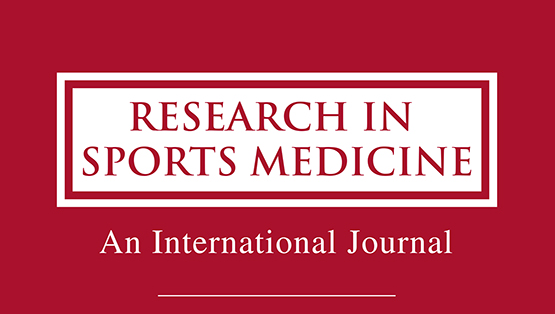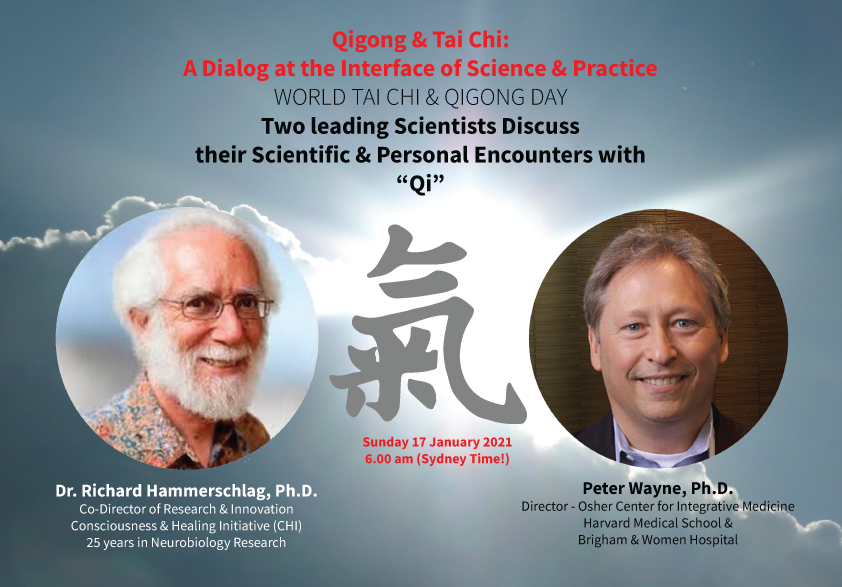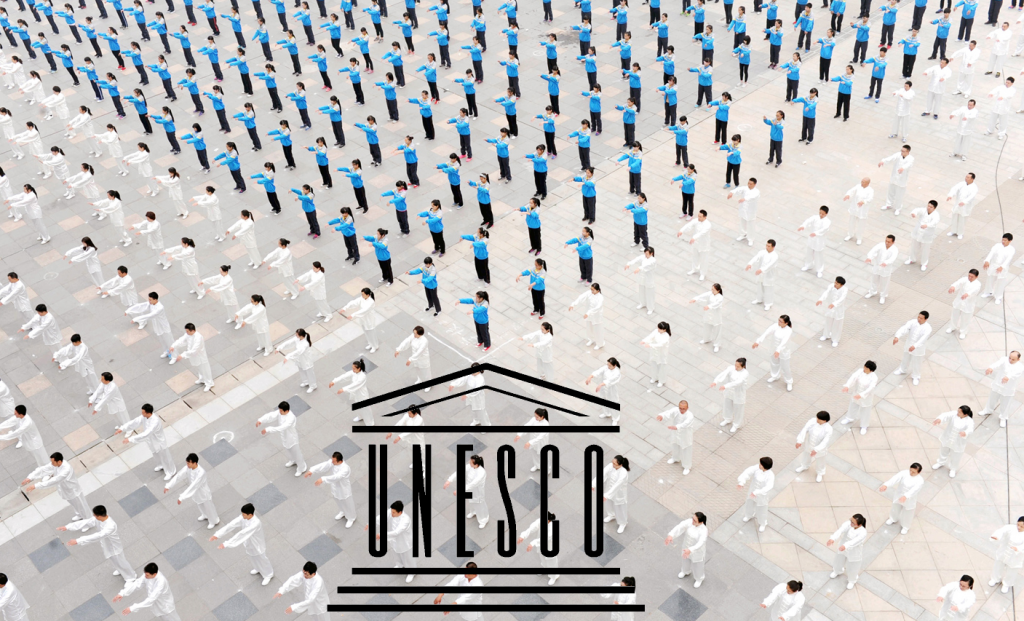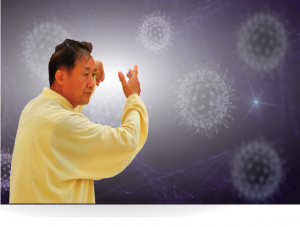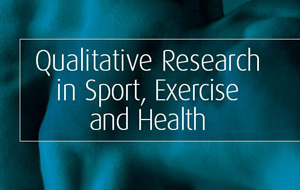
Qualitative Research in Sport, Exercise and Health
(February 2021)
A Bradshaw, L Walker, E Borgstrom & S.M. Burke
Abstract
Advanced, incurable disease is a highly stressful and traumatic life event that can lead to losses of social identity, social connectedness, and losses associated with bodily disintegration. The combination of these losses makes it difficult to remain socially active and sometimes results in experiences of social death. However, few studies have explored the role of group-based hospice activities for mitigating the impact of social death in people with advanced, incurable disease. The aim of this study was to explore the personal and social experiences of participating in hospice-based Tai Chi among people with advanced, incurable disease, including its impact in mitigating experiences of social death. A focused ethnography was used to guide this study. Six months were spent in a local hospice day therapy unit in England collecting data through multiple methods, including 17 semi-structured interviews, 200 hours of participant observation, and informal conversations with 19 participants (15 females; 4 males, aged between 50 and 91). Data were analysed using a thematic framework approach and represented using traditional tales and ethnographic creative non-fictions (CNF). Two main themes were developed: (1) fostering social connections and meaningful support; and (2) the protection of a collective identity. An ethnographic CNF ‘moving and being together’ presents these themes in evocative, engaging, and accessible ways. Study findings demonstrate the value of group-based Tai Chi for mitigating experiences of social death in people with advanced, incurable disease. Ethnographic CNFs are a valuable way to represent lived experiences of illness in palliative and hospice care populations.
 A Bradshaw is a Research Fellow in Palliative Care within the Wolfson Research Palliative Care Research Centre at the University of Hull. His research focuses on understanding the role that physical activity may have on health, well-being, and quality of life in patients with advanced and chronic diseases. He also researches the implementation of person-centred outcome measures into routine palliative care practice and using data from these measures to drive service-wide improvements in palliative care. He has experience in using qualitative research methods and methodologies within health service research contexts.
A Bradshaw is a Research Fellow in Palliative Care within the Wolfson Research Palliative Care Research Centre at the University of Hull. His research focuses on understanding the role that physical activity may have on health, well-being, and quality of life in patients with advanced and chronic diseases. He also researches the implementation of person-centred outcome measures into routine palliative care practice and using data from these measures to drive service-wide improvements in palliative care. He has experience in using qualitative research methods and methodologies within health service research contexts.
 L Walker is Professor of Health and Social Work Research. She is a medical sociologist and registered social worker with expertise in the sociology of chronic and disabling conditions, particularly autoimmune conditions. She is an experienced qualitative researcher who has worked in both UK and southern African contexts. She is Associate Director of the Wolfson Centre for Palliative Care Research, University of Hull.
L Walker is Professor of Health and Social Work Research. She is a medical sociologist and registered social worker with expertise in the sociology of chronic and disabling conditions, particularly autoimmune conditions. She is an experienced qualitative researcher who has worked in both UK and southern African contexts. She is Associate Director of the Wolfson Centre for Palliative Care Research, University of Hull.
 E Borgstrom is a medical anthropologist and lecturer at the Open University. Her specialist area in research and teaching is death and dying, with an emphasis on end-of-life care. She uses anthropological skills to disrupt the normative concepts in end-of-life care by foregrounding people’s everyday experiences and the structural and discursive elements that shape how care is provided. She is a co-editor of Mortality, an international, interdisciplinary journal for death studies and plays an active role in the American Anthropological Association’s Dying and Bereavement special interest group, which is part of the Society for Medical Anthropology.
E Borgstrom is a medical anthropologist and lecturer at the Open University. Her specialist area in research and teaching is death and dying, with an emphasis on end-of-life care. She uses anthropological skills to disrupt the normative concepts in end-of-life care by foregrounding people’s everyday experiences and the structural and discursive elements that shape how care is provided. She is a co-editor of Mortality, an international, interdisciplinary journal for death studies and plays an active role in the American Anthropological Association’s Dying and Bereavement special interest group, which is part of the Society for Medical Anthropology.
 M. Burke is an Associate Professor in Exercise and Health Psychology in the School of Biomedical Sciences at the University of Leeds. Her research focuses on the role of physical activity for disease management and prevention, and the development and implementation of behaviour change interventions in clinical practice. She is particularly interested in active lifestyles for managing the adverse effects of cancer and improving quality of life for people nearing the end of life. She is also interested in the advancement of qualitative research methods within clinical and healthcare services research. She is an Associate Editor for the journal Research Quarterly for Exercise and Sport and an executive board member of the International Society of Qualitative Research in Sport and Exercise.
M. Burke is an Associate Professor in Exercise and Health Psychology in the School of Biomedical Sciences at the University of Leeds. Her research focuses on the role of physical activity for disease management and prevention, and the development and implementation of behaviour change interventions in clinical practice. She is particularly interested in active lifestyles for managing the adverse effects of cancer and improving quality of life for people nearing the end of life. She is also interested in the advancement of qualitative research methods within clinical and healthcare services research. She is an Associate Editor for the journal Research Quarterly for Exercise and Sport and an executive board member of the International Society of Qualitative Research in Sport and Exercise.


